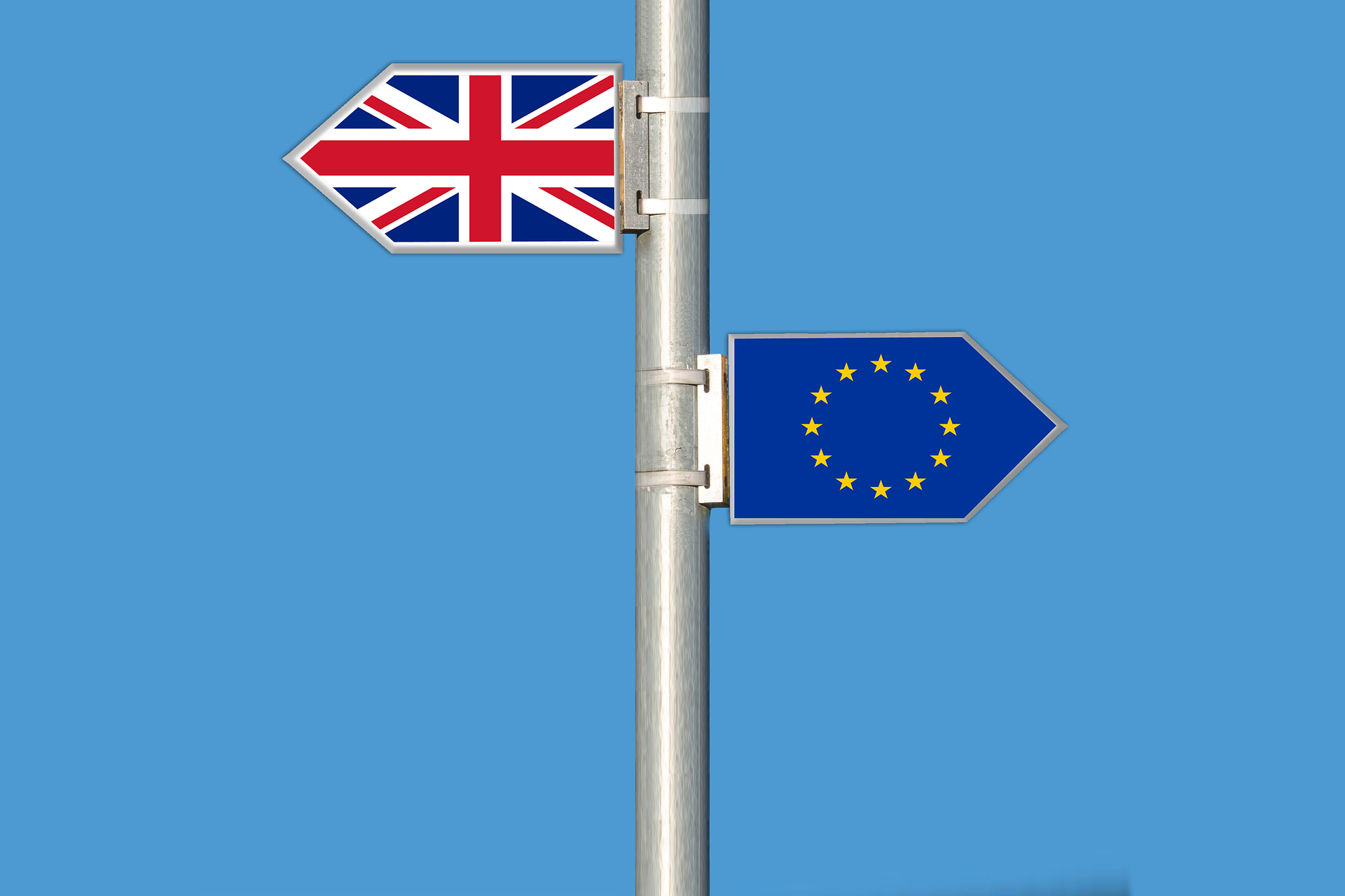VAT for online businesses: a brief overview
Many online businesses, especially those in Ecommerce, sell to consumers based in multiple countries. If you are one of these, you need to make sure you are meeting your international VAT obligations and responsibilities.
If you sell physical or digital products to private consumers (B2C sales) in other EU countries – this could affect you.
Physical goods: distance selling rules
Distance selling covers the sale of goods to consumers where there is no face-to-face contact. If you are a UK-based business selling B2C to customers in other EU Member States, this may affect you.
The distance selling thresholds varies from country to country and it is vital that businesses keep a watch on their sales activity to ensure the correct VAT is applied.
Handy hint: If your distance sales go over EUR35000 in any country in any calendar year, you may have obligations under these rules. If that happens – take advice as soon as possible to avoid building up unforeseen VAT liabilities and risk of penalties.

Digital products: VAT MOSS
If you sell digital products (eg online courses/games/apps etc) direct to B2C customers in other EU Member States, you may need to account for local VAT in the customer’s country.
This has considerable implications for pricing of products, as well as for site administration and accounting systems. You need to make sure that your online shop is able to deal with all of these issues.
You can either deal with your EU VAT obligations by registering in each country where you have customers or you can use the VAT MOSS (“Mini One-Stop Shop) system. VAT MOSS was introduced so that UK sellers could pay VAT to HMRC instead of needing to register for VAT in every country in the EU. It operates via HMRC’s online portal.
How and where do you need to register and pay for VAT MOSS?
Once you are registered in the UK for VAT, you will then be able to add VAT MOSS as a service in your HMRC account. This must be done within 10 days of making your first sale to someone outside of the UK. After you have registered, you will need to pay your VAT MOSS on a quarterly basis, before the following dates:
- 20th April for the quarter ending 31st March
- 20th July for the quarter ending 30th June
- 20th October for the quarter ending 30th September
- 20th January for the quarter ending 31st December

Will VAT MOSS be affected after Brexit?
We won’t know for certain until the changes of Article 50 have been triggered. It is recommended you keep up to date with developments on the government sites.
Here are our top tips to ensure you meeting your VAT obligations for distance selling
- Familiarise yourself with the regulations and local VAT laws of countries you are selling to
- Be clear whether you need to be charging UK or local VAT on your goods
- Register for VAT MOSS within 10 days of first sale to another EU country
- Keep a record of where your clients are located
- Ensure you apply the relevant VAT rate to your sales in the country where the customer is based
- Stay up to date with any changes in legislation as these can change from year to year
For VAT advice, please contact Veritas VAT and they can help you to deal with these issues and to make sure you stay VAT compliant.